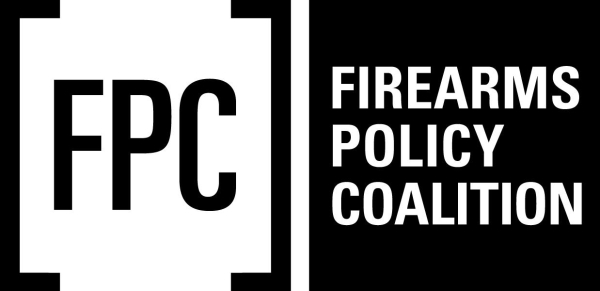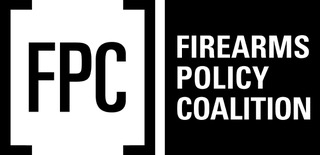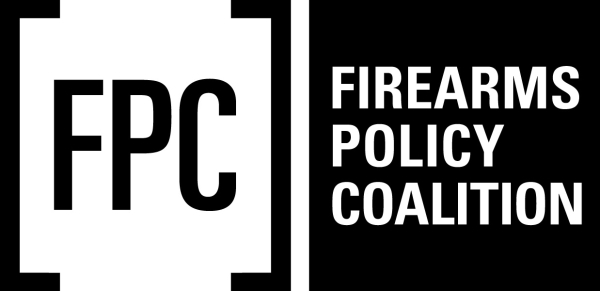Bend, OR –- Nosler®, Inc. a global leader in the manufacture of bullets, cartridge cases, ammunition, firearms and suppressors, is proud to announce the release of their 2024 Limited Edition M21 Carbon Rifle.
Nosler’s Limited Edition M21 Carbon is a feature-rich rifle centered on the precision-built Model 21 action, crafted using advanced wire EDM technology. This action features a spiral-fluted, Nitride-coated bolt made from durable 4340 Chrome Moly steel, offering reduced weight, smooth operation, and improved debris management for rugged environments. With an M16-style extractor and tool-less takedown, the M21 Carbon combines innovative design with user-friendly functionality, making it a powerhouse of performance and durability.
Complementing the trusted Model 21 action, the M21 Carbon rifle features a high-quality, lightweight carbon fiber barrel and an ultra-light stock, optimized for effortless handling in the field. Equipped with the TriggerTech Diamond Gold-Edition trigger, this rifle delivers top-tier performance with Zero Creep Technology™ for an impeccably crisp break and adjustable pull weights ranging from 4 to 32 ounces. The trigger’s Frictionless Release Technology ensures a smooth and consistent pull.
The all-new Limited Edition M21 Carbon rifle is an exclusive release with only 100 uniquely crafted rifles available. Offered in 28 Nosler with a 24” barrel, priced at $3,795, and 308 Winchester with a 16” barrel, priced at $3,695, this limited collection brings precision and performance in an ultra-light, rugged package. With only 100 units in existence, the M21 Carbon is designed for the discerning shooter who values craftsmanship, innovation, and rarity in a rifle built to exceed expectations in the field. Read more










